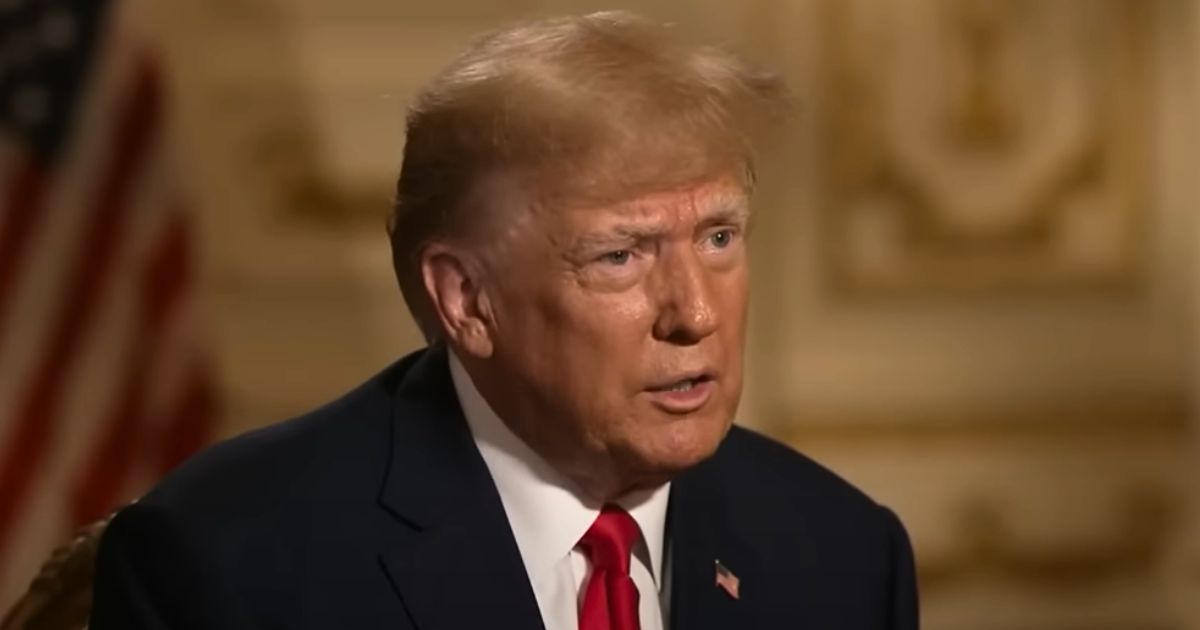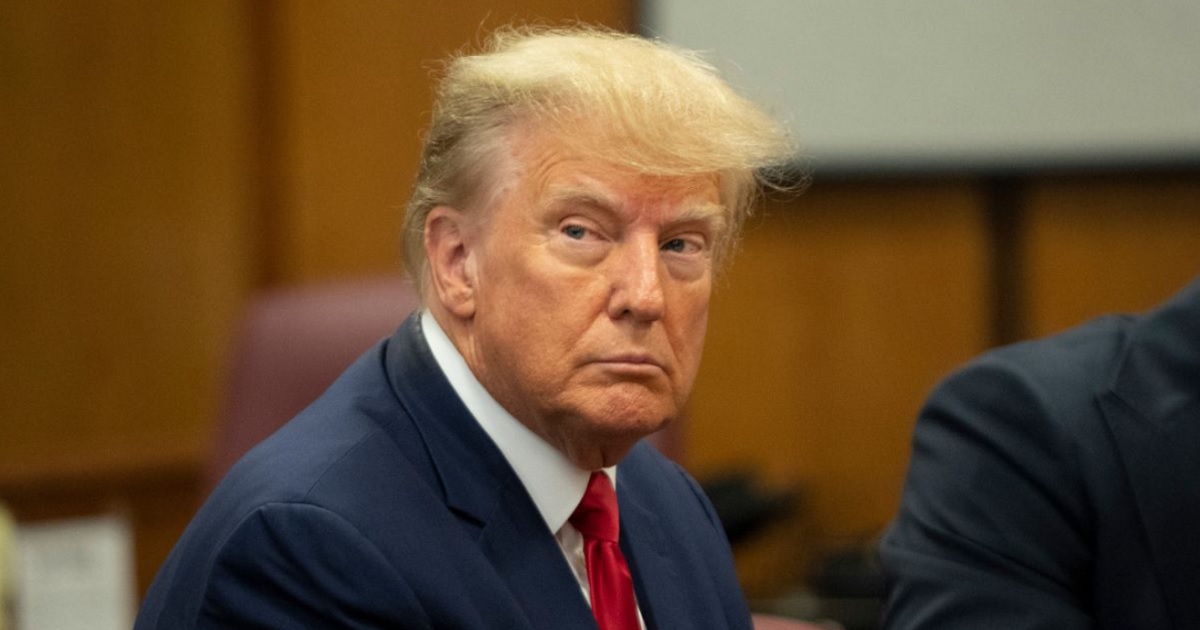A brewing conflict between congressional oversight and presidential trade powers intensifies as Republican Senate leadership faces mounting pressure over tariff controls.
According to the Washington Examiner, Senate GOP leaders have dismissed a bipartisan initiative aimed at requiring congressional approval for presidential tariff actions, despite growing support from fellow Republicans and market turmoil triggered by President Trump's recent trade policies.
The Trade Review Act of 2025, spearheaded by Senators Chuck Grassley and Maria Cantwell, has garnered significant bipartisan backing, including support from seven Republican senators.
Market reactions have been swift and severe, with stock markets experiencing three consecutive days of decline following Trump's implementation of broad-based import taxes.
Growing Republican Support Meets Leadership Resistance
Senate Majority Leader John Thune's firm stance against the legislation highlights the deepening divide within the Republican Party over trade policy oversight.
Republican leaders maintain their position despite the bill attracting notable GOP co-sponsors, including Senators Jerry Moran, Lisa Murkowski, Mitch McConnell, Thom Tillis, Todd Young, and Susan Collins. The White House has already issued a clear veto threat, characterizing the bill as a dangerous limitation on presidential authority.
The proposed legislation would implement strict oversight measures on presidential tariff powers. Under the new rules, tariffs would automatically expire after 60 days unless Congress provides explicit approval. Additionally, the White House would need to inform lawmakers about any new tariffs at least 48 hours before implementation.
Senator Lisa Murkowski, an early supporter of the bill, emphasized the broader implications of congressional authority in trade matters. The growing number of Republican co-sponsors suggests increasing concern about the balance of power between executive and legislative branches in trade policy decisions.
Market Volatility and Economic Impact
Trump's aggressive tariff strategy has triggered significant market instability. The implementation of across-the-board import taxes of at least 10% has sent shockwaves through financial markets. These broad-based tariffs affect multiple trading partners, with particular emphasis on China, facing potential increases.
The economic ripple effects have sparked debates about the long-term consequences of such sweeping trade measures. Market analysts point to rising prices as a direct result of the tariff policies, while some lawmakers express concern about the potential impact on American consumers and businesses.
Congressional Republicans find themselves increasingly caught between supporting presidential authority and addressing mounting economic concerns. The situation has created a complex political dynamic where traditional party lines blur against practical economic considerations.
House Leadership Maintains Support for Presidential Authority
Representative Don Bacon's companion bill in the House faces similar challenges from leadership. House Speaker Mike Johnson has explicitly urged colleagues to support presidential discretion in trade matters.
Johnson's position aligns with the broader Republican leadership strategy of maintaining unified support for Trump's trade initiatives.
Senate Republican leadership's dismissal of the bipartisan effort reflects a calculated political decision. Senator Shelley Moore Capito, the fourth-ranking Republican, has publicly backed the current approach despite market volatility and growing congressional concerns.
The administration's trade strategy focuses on boosting domestic manufacturing and addressing trade deficits with key partners. This approach has received continued support from key Republican leaders despite mounting evidence of economic challenges.
Current Status and Future Implications
The Trade Review Act of 2025 represents a significant attempt to restore congressional oversight of trade policy. Despite having enough potential support to clear the Senate's 60-vote filibuster threshold, leadership resistance effectively blocks its progress.
Republican leaders' dismissal of the legislation, combined with the White House's veto threat, creates substantial obstacles for the bill's advancement. The situation highlights the ongoing tension between executive authority and legislative oversight in trade policy.
These developments occur against a backdrop of increasing economic uncertainty and market volatility. The continued implementation of broad tariff policies, coupled with resistance to congressional oversight, suggests a potentially prolonged period of trade-related economic challenges.





